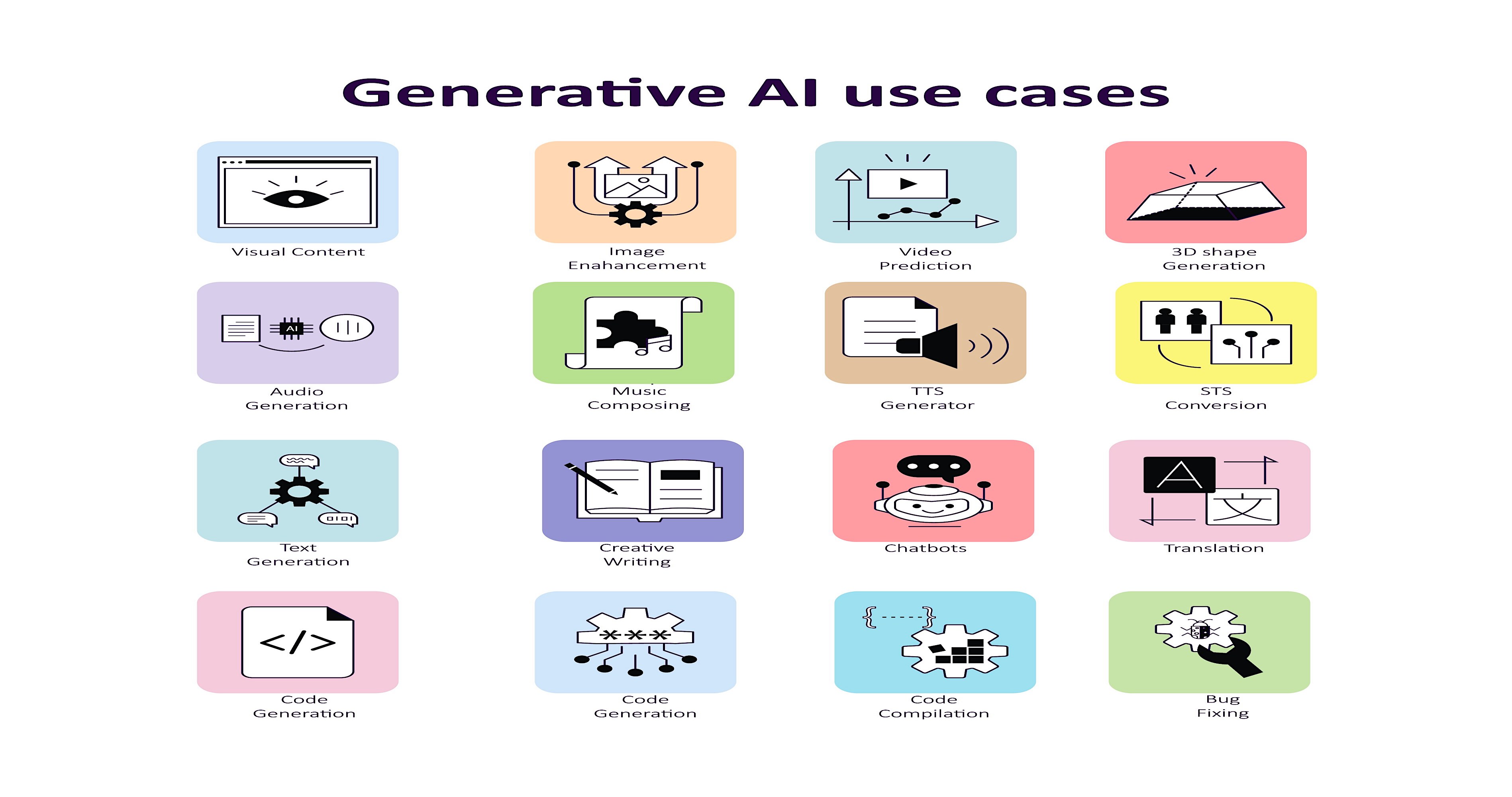Patronus AI Launches New API to Enhance AI Workload Reliability
In a significant move for developers working with artificial intelligence, Patronus AI Inc. has rolled out an innovative tool designed to ensure AI applications deliver accurate outputs. The newly launched Patronus API comes shortly after the company secured $17 million in Series A funding, with contributions from notable investors including Datadog Inc.’s venture capital arm.
 Enhancing AI application reliability
Enhancing AI application reliability
Based in San Francisco, Patronus AI offers a powerful software platform that streamlines the development of AI applications. Developers can leverage this platform to compare various large language models (LLMs) to identify the best fit for their specific projects while simultaneously addressing technical challenges that may arise post-deployment.
Understanding the Patronus API
The Patronus API equips enterprises with a robust application programming interface that can be seamlessly integrated into their AI workflows. This tool is specifically designed to flag and filter inaccurate responses generated by applications, a critical need in an era where AI output can often yield hallucinations—responses that include false or misleading information. Furthermore, the API helps prevent scenarios where an AI may generate incomplete responses or deviate from a company’s established tone and guidelines.
Amid increasing cybersecurity concerns, the API also addresses potential threats from malicious prompts that may seek to manipulate AI systems into revealing sensitive data.
The Role of Evaluation Algorithms
The sophistication of the Patronus API lies in its evaluation capabilities. By utilizing a secondary language model, it examines output from another model to identify inaccuracies, significantly enhancing reliability. While other tools exist in the market, many fall short in precision. As such, Patronus AI aims to fill this gap with its tailored solutions.
Among the toolkit is Lynx, the company’s proprietary open-source language model launched in July. Lynx is designed to offer enhanced performance tailored to the detection of inaccuracies within AI-generated outputs. Patronus AI claims that Lynx outperforms established models like GPT-4o, particularly in applications employing retrieval-augmented generation (RAG) techniques, which allow models to incorporate external information to enrich their responses.
Incorporating Chain-of-Thought (COT) reasoning, Lynx breaks down complex tasks, which boosts its accuracy in evaluating AI output.
![]() The intricacies of AI applications
The intricacies of AI applications
Additionally, the Patronus API supports a variety of evaluation algorithms to offer versatility depending on developer needs. Some options are designed to operate with less computational expense, making high-quality analysis accessible even under tighter budget constraints. Developers also have the flexibility to upload their own custom models for evaluating outputs based on specific criteria not available in the standard package.
Flexible Pricing and Accessibility
Patronus AI adopts a usage-based pricing strategy for its API, allowing businesses to pay only for what they use. Accompanying this, customers receive a Python SDK to facilitate easy integration within their existing systems, thereby minimizing the friction normally encountered when embedding new tools into established workflows.
As AI continues to revolutionize various industries, solutions like the Patronus API are vital in ensuring that the technology remains reliable, thereby fostering trust and innovation in AI applications moving forward.
 The evolving landscape of AI development
The evolving landscape of AI development
The release of the Patronus API is expected to reshape how developers approach AI application safety and accuracy. By establishing relevant guardrails, machines can work smoothly within defined boundaries, enabling innovation without sacrificing reliability.
In a landscape that encompasses both tremendous opportunities and significant risks, having the right tools at one’s disposal will make all the difference in the successful deployment of AI technologies in the business world.


 Photo by
Photo by 












